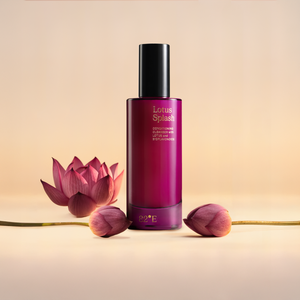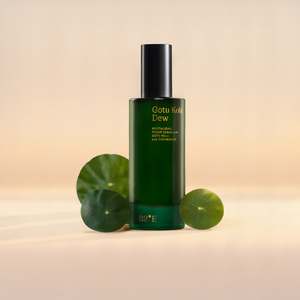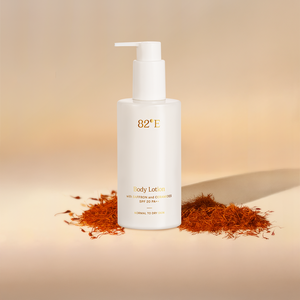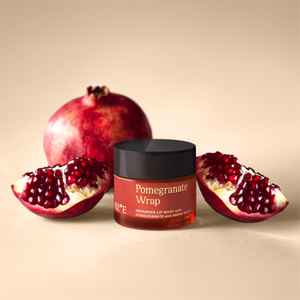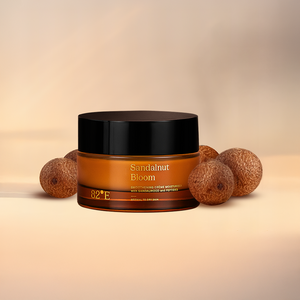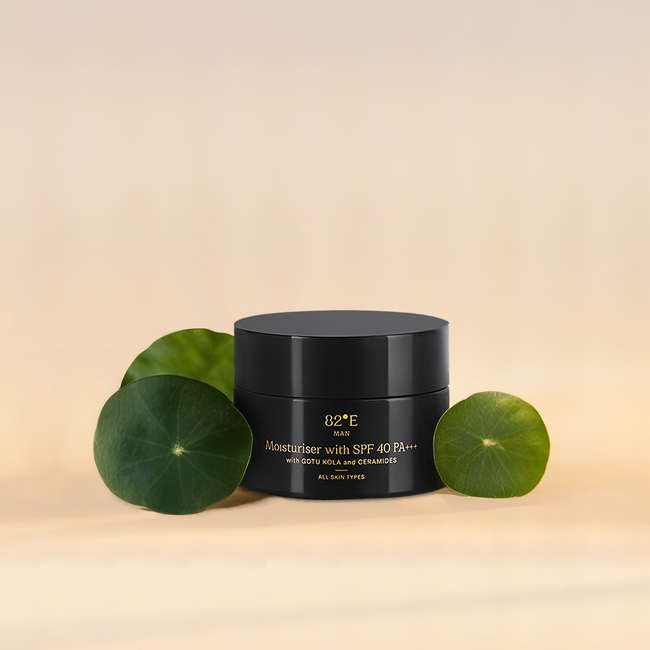
Everybody deserves to live a balanced, healthy, joyful life—making self-care a crucial and gender-neutral pursuit. But for men, several misconceptions surround the act of self-care: many mistakenly believe it is frivolous, indulgent, or the domain of women only. While couldn’t be further from the truth, self-care practices can be tailored to suit the lifestyles and preferences of many men.
Read on to learn some practical approaches to practice holistic self-care, break stereotypes, and boost your overall well-being.
Understanding Holistic Self-care
Holistic self-care revolves around your mental, physical and emotional well-being as a whole. Eating nutritious food, doing regular workouts, getting sufficient sleep, or simply doing a five-minute breathing exercise for anxiety are all holistic approaches. They foster resilience and physical health and help you become better equipped to manage stress.
What are some of the other proven benefits of self-care? One study found that practicing consistent self-care leads to enhanced self-confidence, increased productivity, and increased happiness.
"Self-care is about being aware of your needs and making sure that you're doing what you can to be the best version of yourself, for you and those around you,"
says MindJournal founder Ollie Aplin.
6 Holistic Self-care Practices for Men
1. Focus on Your Mental Wellbeing
Do you often feel stressed or burnt out? Do you experience physical symptoms like headaches, low energy levels, or insomnia? In today’s fast-paced world, stress and anxiety affect everyone. Adopt self-care as your stress-buster technique. Identify your stressors and ease your mind by making it a habit to practice simple acts like exercise, meditation, or simply talking to a friend—all of which are known to ease stress and anxiety.
2. Enhance Your Physical Health
- Exercise Regularly: Make time for a regular exercise routine and other healthy activities or simply 30 minutes of walking every day that assists in boosting your health and mood.
-
Eat Healthy and Stay Hydrated: Eat healthy food that provides energy, nourishment and health to your body. Modify your diet plan, eat regular meals and snacks, and add whole grains, green vegetables, lean proteins, and fat-free, low-fat dairy items, along with a variety of fresh fruits.
Drinking enough water every day is crucial as it regulates your body temperature and blood pressure, lubricates your bone joints, assists with losing weight, promotes urinary function, makes skin healthy, and improves digestion and cognitive function. -
Get Sufficient Sleep: Sleep is an important function as it recharges and refreshes our body and mind. A relaxing sleep routine involves a comfortable sleep environment, continuous, uninterrupted sleep of up to 6-7 hours, and a realistic bedtime that needs to be followed every day.
Sleep is crucial because chronic sleep deprivation may result in a lack of concentration, impaired cognitive and memory function, etc. Hectic working hours, stress-inducing factors at work, and exposure to blue screens during sleep time could be the possible reasons behind inadequate sleep. Try a daily digital detox before bedtime. - Schedule Regular Check-ups with Healthcare Providers: Monitor health status and address any concerns by making preventive healthcare appointments. This helps you to keep a check on your health. For a more holistic approach, balance your physical health care with skin care, including cleansing, hydrating, and sun protection for healthy, nourished skin.
3. Acknowledge and Express Your Emotions
When did you last feel comfortable expressing your emotions? Many men are conditioned to believe that expressing signs of vulnerability or even joy is not appropriate—but suppressing them can lead to several underlying tensions, including mental health conditions like depression.
However, expression is an important factor in our emotional well-being. Talking to friends or loved ones you trust, or consulting a therapist, are great ways to ensure you are looking after your emotional needs. If you’re not comfortable with that, try journaling or creative outlets like art.
4. Make Social Connections
Invest and nurture your relationships and friendships, and remain connected to your family and friends who help give you emotional support and guidance. Choose people who are considerate and respect your boundaries.
A simple trick to combine your social life with self-care? Find a friend to be your self-care buddy: it’ll make self-care more fun and you can hold each other accountable.
5. Nurture your Hobbies
Self-care is about finding what helps you relax and gives you joy. Cooking, reading, playing musical instruments, and learning a new sport are great fun and an easy escape from your routine activities. The satisfaction they offer is good for one's mental health. According to Dr. Siraj Dokadia, “Hobbies provide a healthy outlet for stress and anxiety. Engaging in an activity that you enjoy can help reduce cortisol levels, which is a hormone associated with stress. This can lead to improved mental health and overall well-being.” They also help you to find a healthy work-life balance.
6. Don’t Forget Leisure
Prioritize leisure by recognizing its importance for your mental and physical well-being. Leisure is anything you enjoy that you can practice intuitively and without guilt, such as taking a long shower, watching your favourite show, reading, or playing video or board games. Try planning leisure activities to ensure you practice them and allocate your time effectively. It will help you disconnect from work-related stressors, promote relaxation and cultivate a balanced lifestyle.


